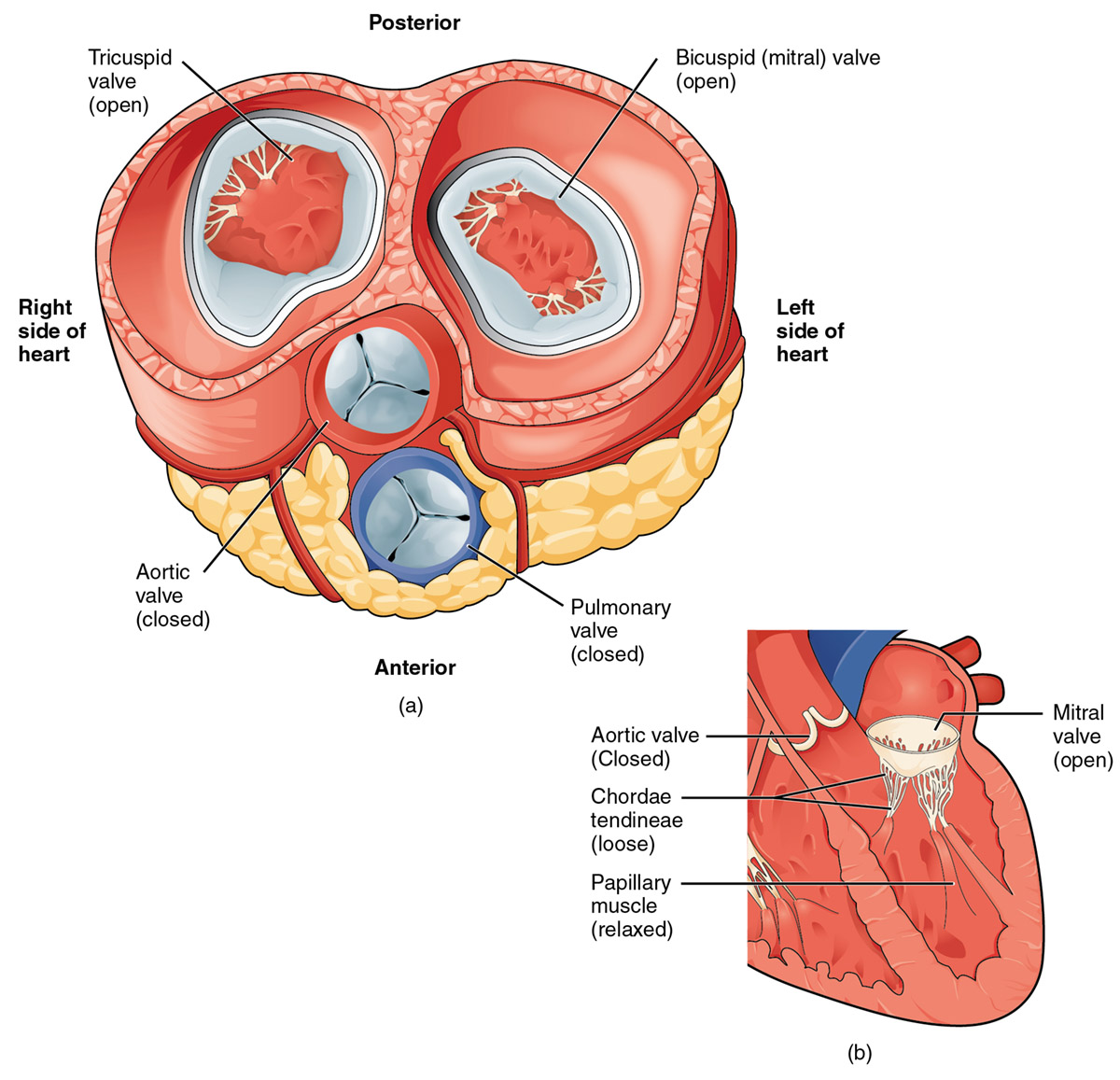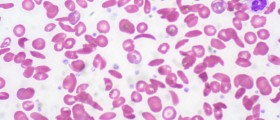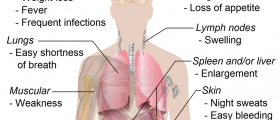
What exactly is agranulocytosis?
Agranulocytosis is a medical term for the condition in which the body, or more precisely bone marrow, is not able to produce enough neutrophil granulocytes or white blood cells that are important for the immune system. This condition occurs from one of two primary reasons; either the bone marrow is not able to produce the necessary amount of white blood cells, or they are being destroyed at a higher rate than at which they are produced. Various disorders, autoimmune diseases, chemotherapy, radiation therapy, or even certain medications may cause the damage of the bone marrow and agranulocytosis.
It is good to know that agranulocytosis can be cured, but it is necessary to set the diagnosis first, and to determine an underlying cause after that. The treatment will depend on that cause, which means that in case in which certain mediations are the culprits, they will have to be withdrawn, while in cases in which some infection has caused this disorder, it will be treated, usually with antibiotics. Some cases may require the transfusion of white blood cells, while only the most severe cases require the transplantation of the bone marrow.
What are the main symptoms of agranulocytosis?
This type of the blood disorder, which is also known as malignant neutropenia, is characterized by the low level of one kind of white blood cells, those that play a very important role in the process of digestion of different microorganisms that are harmful for the human body.
The symptoms of this disorder are various, and some of them may be the symptoms of some other diseases, too, which is why it is important to visit the doctor as soon as possible, because that way the correct diagnosis can be set. Certain blood tests may have to be done as well, or even urine test, fluid test and the test of the bone marrow. This is all done in order to avoid misdiagnosis, which is not at all uncommon, when having in mind the symptoms.
As for the symptoms, first of all, the decreased level of white blood cells will reduce the immune response and thus make the patient more prone to various infections, fungal, viral or bacterial. Particularly common are those infections of the respiratory tract. Aside from this, the patient will experience mouth ulcers, bleeding of gums, sudden fever, sore throat, jaundice, and weakness.
















Your thoughts on this
Loading...